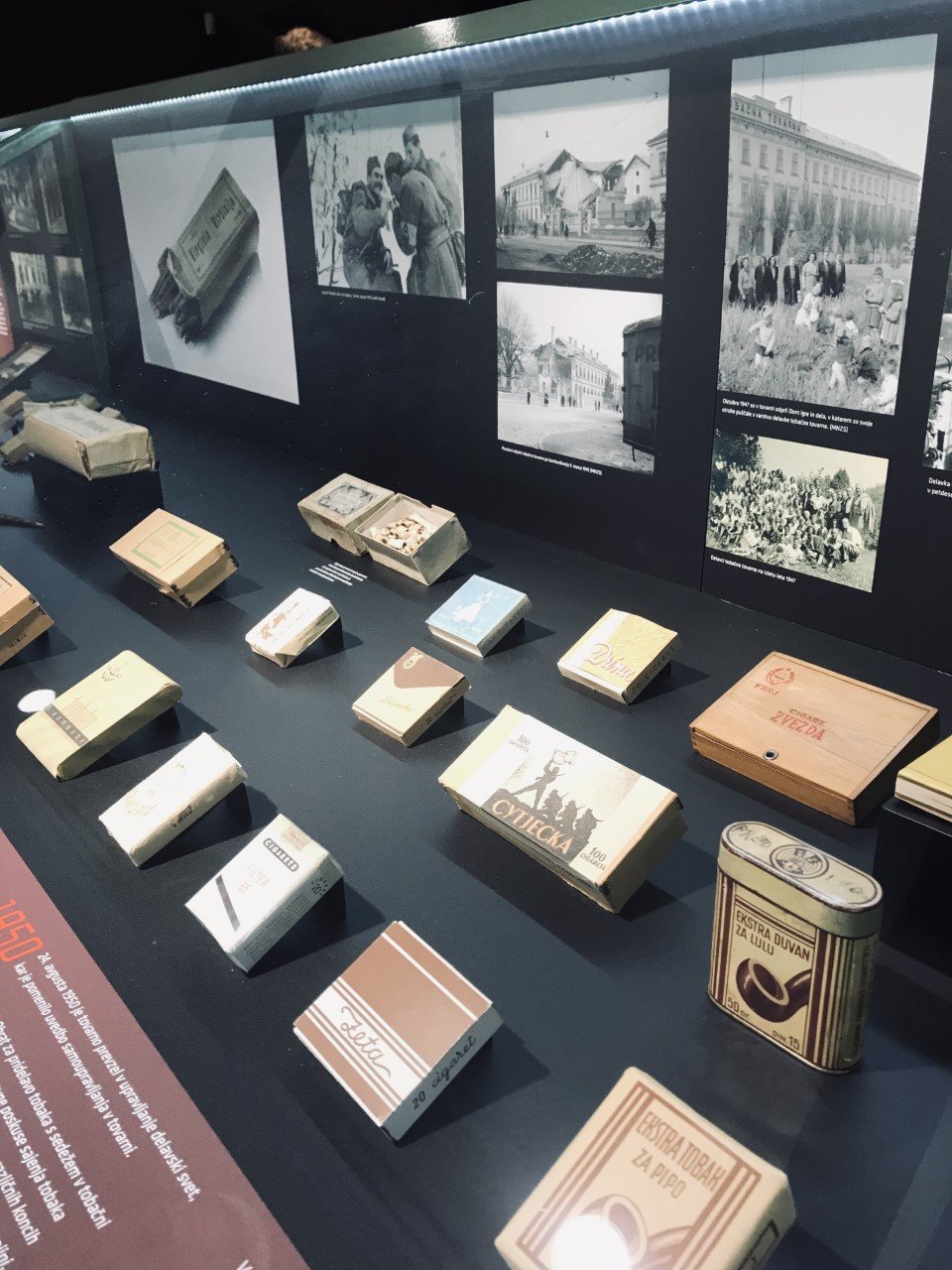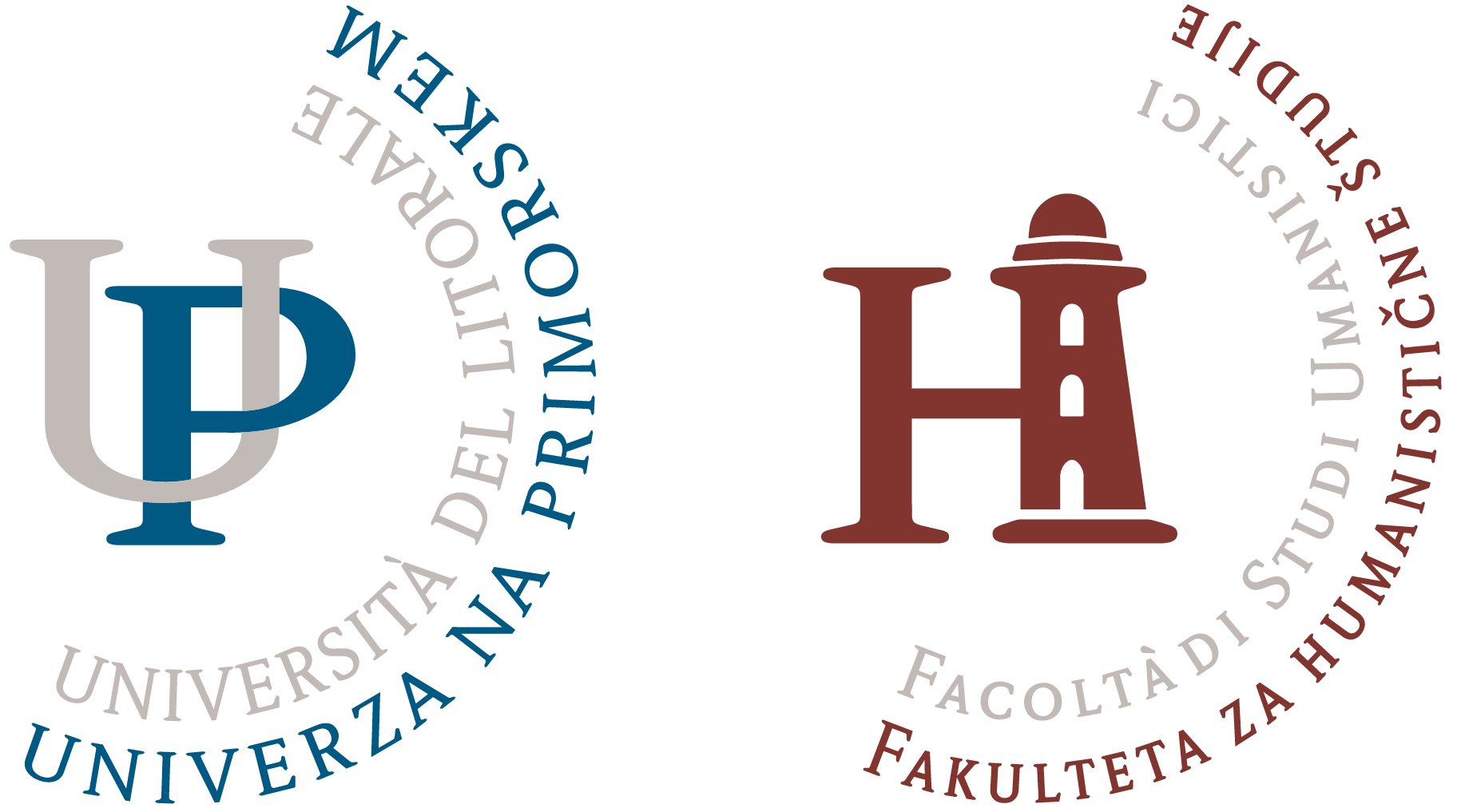Language and Interculturality
Doctoral Study Programme
Presentation
The interdisciplinary doctoral programme Languages and Interculturality is intended to broaden and upgrade the academic knowledge of the 2nd cycle study programmes of languages (Italian, English, French), language mediation and translation. The objective of doctoral programme is to form expert scientific researches, experts in pedagogy and other scientific areas, able researchers of current theoretical and practical issues in the areas of languages and cultures at an internationally comparable level.
The study programme comprises courses compulsory for all students (compulsory core courses in the first and doctoral seminar in the second year of study) and study field courses that each student selects individually (elective courses, individual research work, doctoral thesis proposal preparation, public thesis defence). To enhance the afore mentioned education contents the Faculty will organize seminars, conferences, workshops and other similar activities where FHŠ professors and other invited experts from individual fields of interest will take part.
The main purpose of the programme is to provide doctoral students with in-depth training in the field of literary, linguistic, didactic, intercultural and translation sciences as well as specific methodological, theoretic and critical knowledge in the field of language and culture.
Programme Objectives
Students of 3rd cycle study programme Language and Interculturality will broaden the academic knowledge acquired during previous studies and develop the ability of autonomous research of their field of interest. They will be able to apply the right strategies and research methodology to elaborate the interested topic. They will be able to do autonomous research work and develop a critical approach towards the use of adequate information tools.
After graduation from 3rd level study programme Language and Interculturality students will have the possibility to work in adequate jobs.
The study programme will be upgrading the knowledge and skills in the area of languages, in particular English, Italian and French based on individual research work, aimed at theoretical as well as practical issues in the fields of linguistics, literature, didactics, interculturality, linguistic policies and translation.
The study programme has been compared and evaluated against the following comparable European study programmes: Dottorato in Lingue, Culture e Società Moderne e Scienze del linguaggio, Dipartimento di Studi Linguistici Culturali e Comparati, Università Ca’ Foscari Venezia, Italy; Dottorato in Lingue, Letterature e Culture straniere, Dipartimento di Lingue e letterature straniere, Università degli studi di Milano, Italy; Doctorat en Llengües i Cultures Romàniques, Arts i Humanitats, Universitat Autònoma de Barcelona, Spain; Écoles doctorales/ Literature and civilizations, Paris-Sorbonne Université, France; Postgraduate (PhD study) in Languages and cultures, School of Languages and Cultures, The University of Sheffield, Great Britain.
Programme Information
Curriculum
Title and Level of Qualification
PhD in Language and Interculturality
Type and Duration
Doctoral, third cycle, part-time study
Duration: 3 Years / 180 ECTS
Classification (KLASIUS-P-16)
0230 languages, unspecified
Admission Requirements
Admission to the first year of study shall be granted to the candidates who have completed:
a) a master’s (second cycle) study programme;
b) an undergraduate academic study programme, adopted before 11 June 2004 (pre-reform study programme);
c) a specialisation study programme after having graduated from a study programme, adopted before 11 June 2004 (pre-reform study programme), if a candidate has completed all the study obligations relevant for further study prior to enrolment. Study obligations in the amount from 30 ECTS to 60 ECTS credit points are determined by the competent Faculty Commission, based on the individual application, taking into account the field of previous study. Additional examinations must be completed prior to entry into the programme or during the previous study;
d) an unified master’s study programme, if the study programme carried 300 ECTS credit points and lasted 5 years;
e) a comparable education abroad and have been, in the process of recognition of their qualification and in accordance with Assessment and Recognition of Education Act, legally granted the right to continue their studies in the study programme.
In Case of Enrolment Limitation
the candidates are selected according to:
- the average grade on all previous exams (50 %) and
- grade reached on the oral exam (interview) before an expert Commission (50 %). Elective courses can be supplemented up to the extent of 30 % by scientific and research achievements supplied in the candidate’s applications.
Additional Documents required for the Admission Procedure
Along with the application candidate shall also enclose:
1) short research proposal for the doctoral study and
2) basic personal data of the candidate.
The research proposal (7,000-15,000 characters with spaces, bibliography is not part of the sum of characters) must be structured in sets and includes:
1) title page with the name and surname of the candidate, the proposed title of the research topic in the dissertation (if possible at this stage), and the name and surname and academic title of the most suitable mentor in doctoral studies (if possible at this stage),
2) indication and short description of the research topic (definition) (definition of the theoretical starting points of the research, definition of the research question (problem) and research objectives),
3) intended methods of work,
4) expected results and original contribution to science and
5) indication of basic literature and sources.
Basic information about the candidate must contain:
1) short curriculum vitae (up to 2,500 characters with spaces, possibly in indents and
2) bibliography of the candidate (if any).
Expert Commission reviews the candidate’s application. The Commission invites the candidate to an interview before enrolment and the most suitable mentor for the intended field of research is determined. The interview is also an opportunity to reshape the research field in order to provide appropriate mentoring. If the candidate’s research plans are incompatible with the research contents of the Department of Anthropology of the Faculty, the candidate is advised not to enrol. It is necessary to obtain the consent of the expert Commission and the mentor prior to enrolment.
Number of available Places
Slovenian citizens and other citizens of Member States of the European Union: 5
Slovenians without Slovenian citizenship and foreign citizens of non-European Union countries: 2
Oggi sono ricercatrice all’Istituto di studi etnici (Inštitut za narodnostna vprašanja) a Lubiana. Tra i miei ambiti di ricerca figurano gli studi etnici, la tutela delle minoranza e la politica linguistica; nell’ambito del mio lavoro, partecipo anche a convegni e collaboro con altri istituti di ricerca europei.
Per me il mestiere della ricercatrice è il più bello del mondo, perché ogni giorno mi ritrovo davanti a nuove sfide, a volte non solo lavorative, ma anche personali, che mi permettono di perfezionarmi e di ampliare il mio sapere.
Doctoral degree Study Programmes

Anthropology
Doctoral study programme
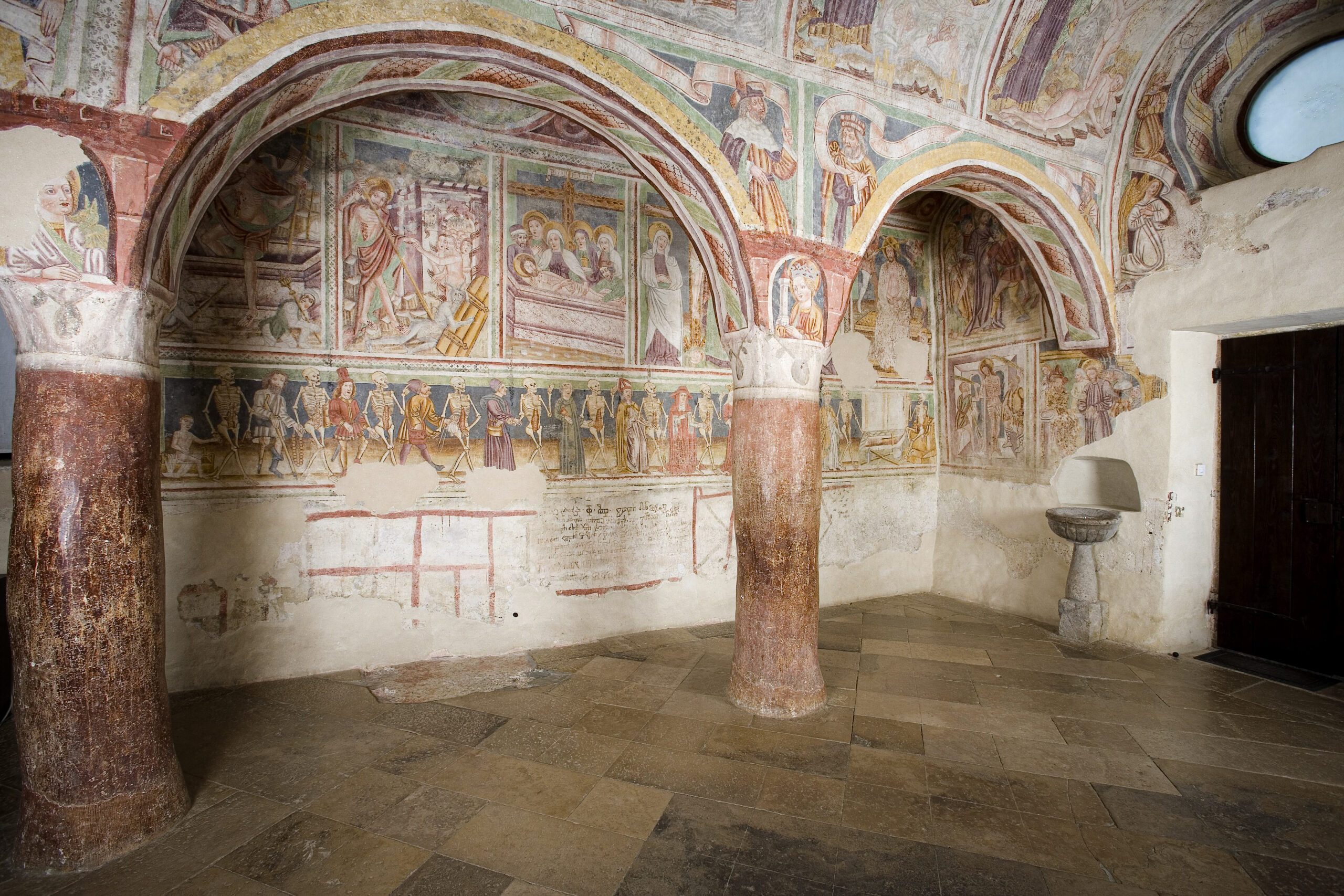
Archaeology
Doctoral study programme
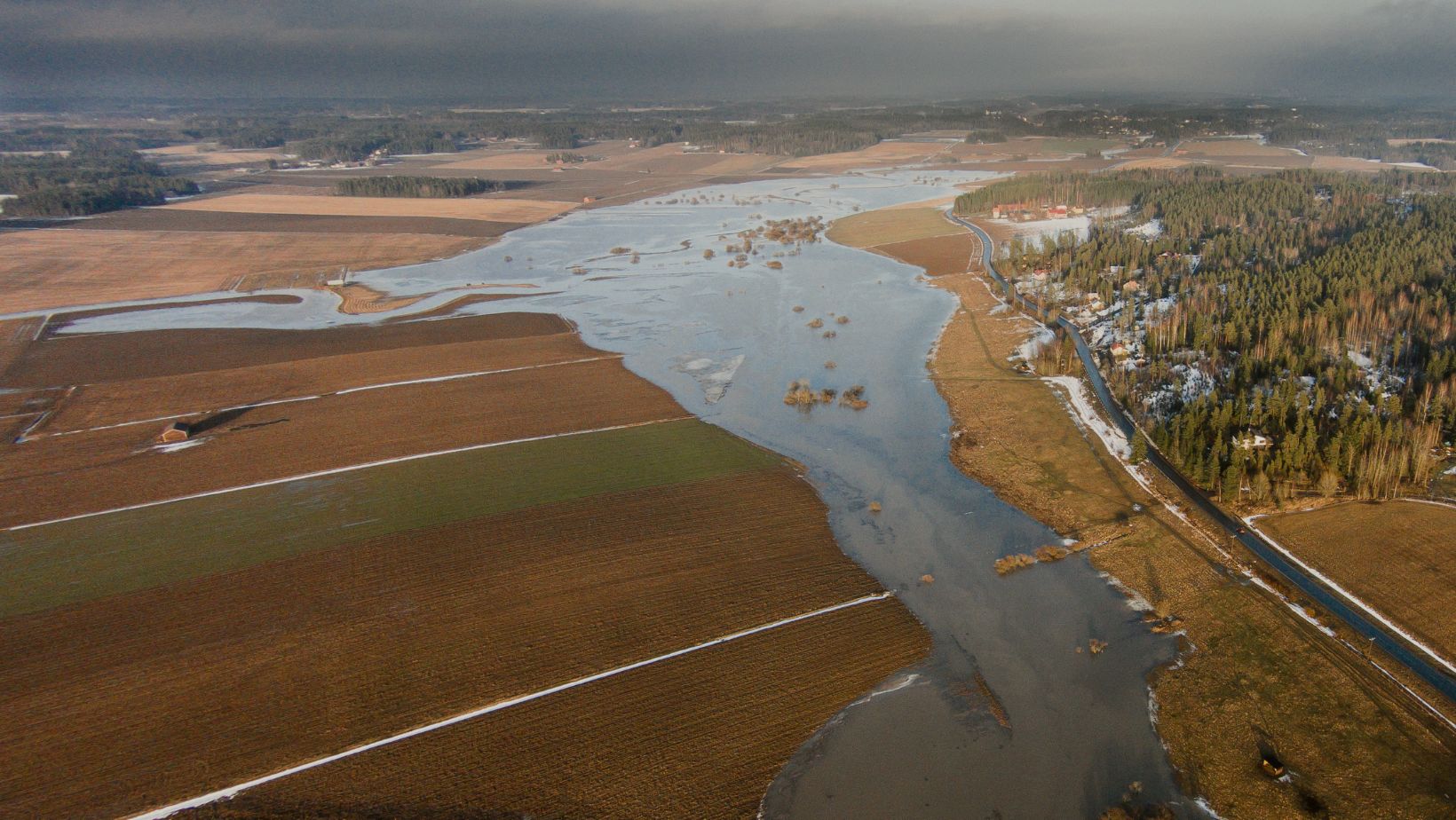
Geography
Doctoral study programme

Language and Interculturality
Doctoral study programme

Slovene studies
Doctoral study programme
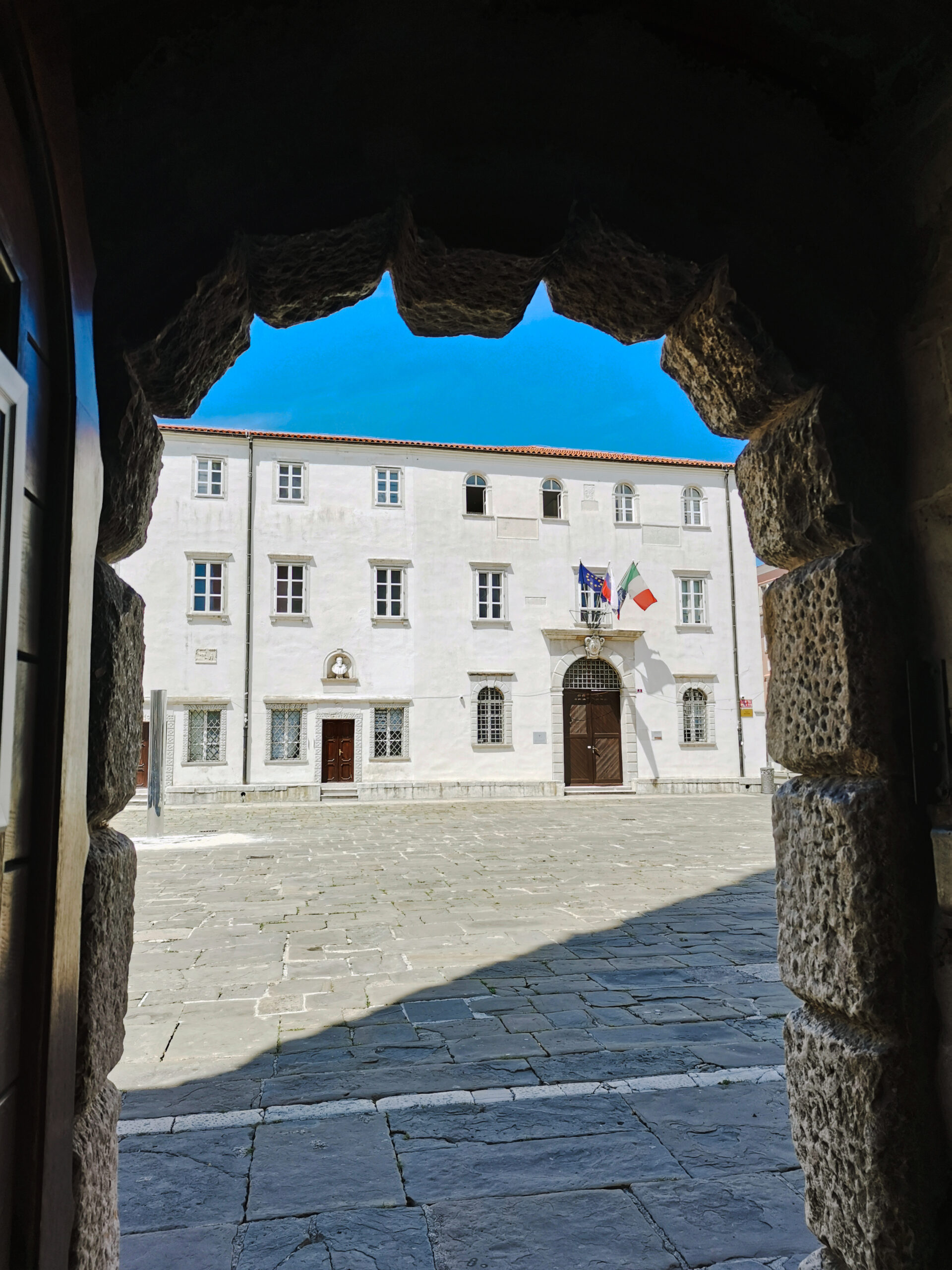
Management of Cultural Assets and Archives
Doctoral study programme
